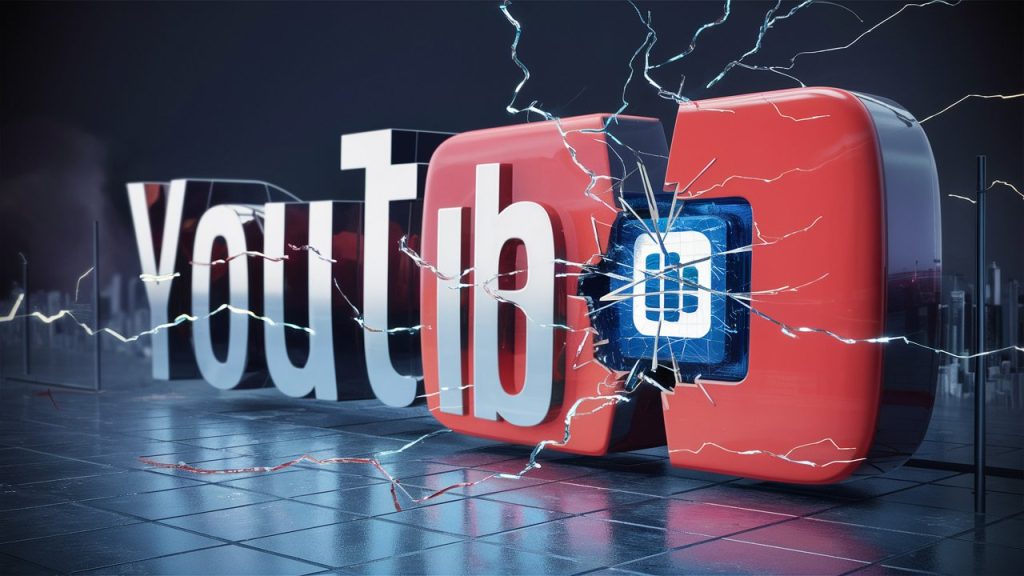YouTube, the video-sharing giant owned by Google, has recently launched a controversial crackdown on third-party apps that block advertisements on its platform. This move has sparked outrage among users and developers who believe it threatens user experience and choice .
The crackdown began with YouTube disabling access to its API for several popular ad-blocking apps, effectively rendering them useless . Many users have expressed their frustration on social media, arguing that they should have the right to choose how they consume content without being bombarded by excessive ads .
Developers of ad-blocking apps have also voiced their disapproval, claiming that YouTube’s actions are an attempt to monopolize the platform and force users to sit through intrusive ads . However, YouTube defends its decision, stating that ads are crucial for supporting content creators and maintaining the platform’s free services .
Despite YouTube’s justification, many users remain unconvinced, arguing that the increasing number and length of ads on the platform have become disruptive to the viewing experience. Some critics also point out the potential impact on smaller content creators who rely on ad revenue to sustain their channels .
As the debate continues, it remains to be seen how YouTube will address the growing concerns of its users and find a balance between monetization and user experience. Some have suggested offering ad-free subscriptions at a reasonable price, while others propose a more transparent and user-friendly ad system .
In the meantime, users are left to grapple with the consequences of YouTube’s crackdown on ad-blocking apps, with some exploring alternative platforms or considering abandoning YouTube altogether . The future of online video consumption hangs in the balance as the battle between YouTube, ad-blocking apps, and users unfolds.






